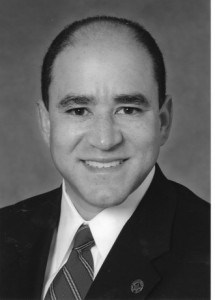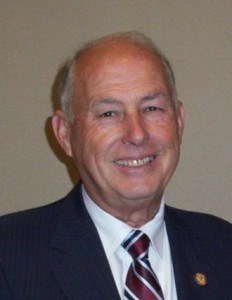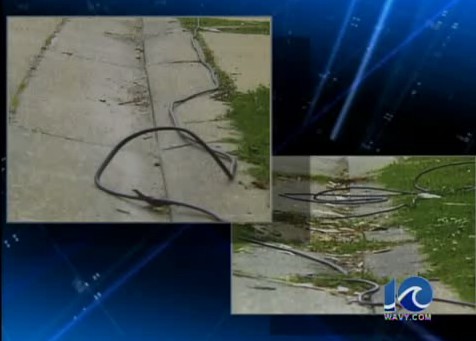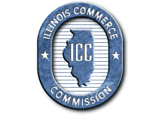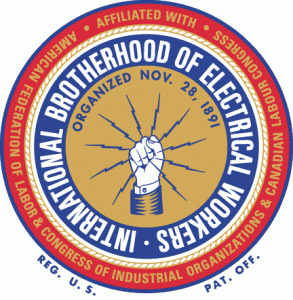 The Federal Communications Commission wants to know how fast your broadband connection is. The federal agency is now offering consumers and businesses a chance to test broadband speeds to raise awareness about broadband. But the test results also help illustrate the wide variation between speeds promised by providers and those actually experienced by customers.
The Federal Communications Commission wants to know how fast your broadband connection is. The federal agency is now offering consumers and businesses a chance to test broadband speeds to raise awareness about broadband. But the test results also help illustrate the wide variation between speeds promised by providers and those actually experienced by customers.
The FCC wants to collect this information because broadband providers have often refused to provide it themselves, citing customer privacy or an unwillingness to release potentially useful information to competitors. By asking visitors to supply their street address and general location, the agency can at least develop anecdotal information about the range of speeds Americans experience.
However, the agency is likely to discover wide variations in the accuracy of the results based not on what service providers deliver, but instead what the speed test itself reports.
The FCC is relying on two speed test providers, randomly assigned to those taking the test.
- Measurement Lab (M-Lab), which provides researchers with Internet measurement tools on a collaborative basis, and
- Ookla, a private company that provides web-based network diagnostic applications.
Stop the Cap! used both providers to conduct three individual speed tests from Broadband.gov. There were dramatic differences in results. M-Lab consistently reported far slower speeds than Ookla. Ookla’s results were closest to the advertised speeds from our broadband provider — Time Warner Cable.
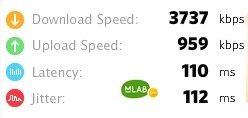
This speed test result from M-Lab was the closest to the average of all three speed tests conducted with this service

Ookla's speed test came closest to achieving the marketed speeds for Rochester, New York Time Warner Cable Road Runner Turbo customers. The download speeds reported also include the effects of "PowerBoost," a temporary burst of additional downstream speed.
Both speed test providers rely on different regional servers to deliver potentially more accurate speed test results, less impacted by the additional “hops” traffic must take when traveling outside of a nearby region. But considering the enormous disparity between the two tests, these real-world results may not actually represent reality.
Which test comes closest to the actual speeds available here? Ookla. But even then, your results may vary. Ookla provides speed tests for both Time Warner Cable and Frontier Communications, our local phone company. The downstream speeds reported were widely different, despite both test servers being located within a 50 mile radius.

Time Warner Cable's speed test application is also provided by Ookla. (This result comes from a server in nearby Syracuse -- the Rochester location was not working properly)

Ookla's speed test for Frontier Communications delivered dramatically different results for downstream speeds
The FCC seems to acknowledge the potential disparity in results on their disclaimer page:
Please note that the Consumer Broadband Test in its current software based form may not be an accurate representation of connection quality provided by your broadband provider. The results can be impacted by a range of factors — for instance, the test can vary based on the geographical distance of the user from the testing server, end-user hardware, network congestion, and time of day. However, this application can provide a helpful indicator in comparing consumers’ relative broadband connection quality and in understanding the performance metrics of broadband connections.
What results do you get from Broadband.gov’s provided speed tests? Share your findings in our comment section.


 Subscribe
Subscribe



